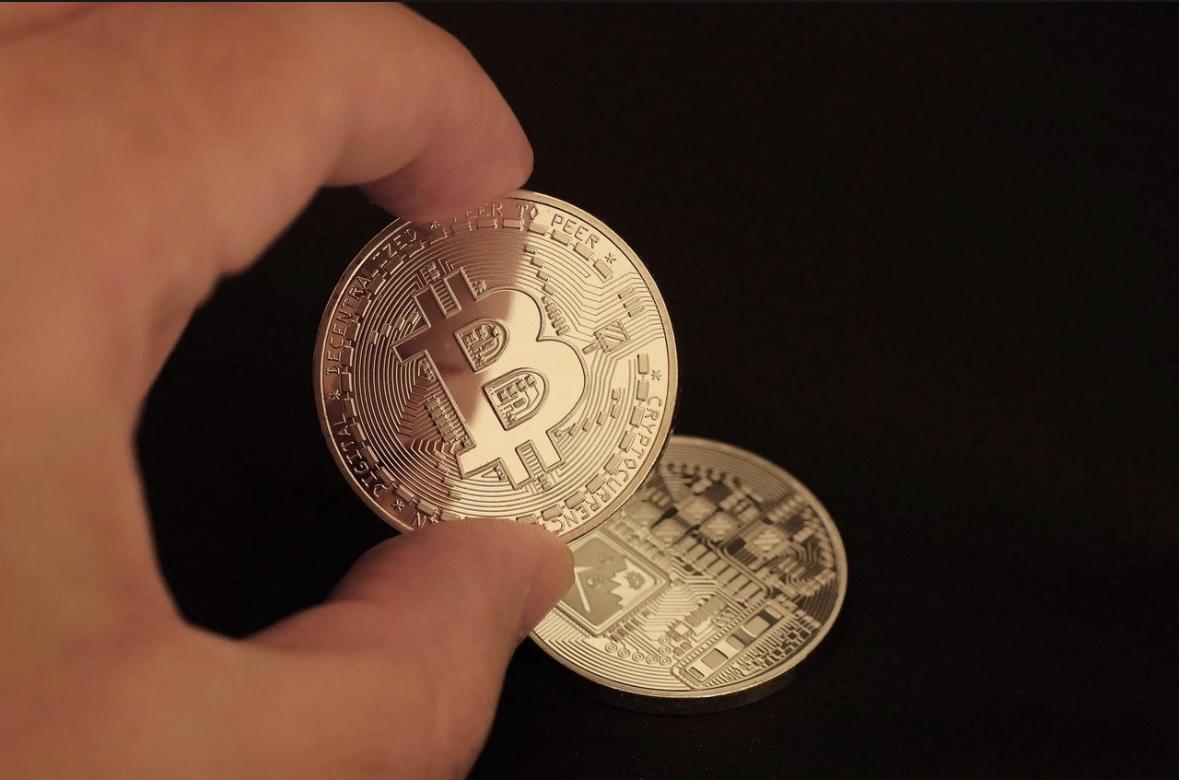According to Caixin.com, on February 6, 2025, the Beijing No. 2 Intermediate People's Court publicly sentenced Hao Gang, former deputy director of the Beijing Local Financial Supervision and Administration Bureau (hereinafter referred to as the "Beijing Financial Bureau"), for bribery and money laundering. Hao Gang was sentenced to 11 years' imprisonment for the crimes of bribery and money laundering, and fined 1.3 million yuan.
I. Case Background
According to currently available information, Hao Gang has served as deputy director of the Beijing Financial Bureau since August 2019. In January 2024, the website of the Central Commission for Discipline Inspection and the National Supervisory Commission reported that Hao Gang was expelled from the Party and removed from public office for violating the spirit of the Central Committee's eight regulations, accepting gifts that may affect the impartial performance of official duties, accepting banquets that may affect the impartial performance of official duties; using his power to help others borrow money and provide assistance to his spouse's business activities to seek benefits; using the convenience of his position to seek benefits for others and illegally accepting property given by others, constituting serious violations of duty and suspected of bribery and money laundering.
Caixin's article states: An insider who worked with Hao Gang at the time said that Hao Gang's involvement in the case may be related to collusion with Bitcoin trading companies that were regulated by the state in previous years. According to Caixin, Hao Gang was also involved in Bitcoin money laundering and helped a senior executive of a leading Bitcoin mining company to lift border control . The amount of bribes he received may be as much as 10 million yuan.

2. Crimes involving the use of virtual currencies are not 100% safe
Virtual currencies represented by Bitcoin have become an emerging tool for crimes such as online telecommunications fraud, gambling, pyramid schemes, money laundering, and bribery due to their anonymity, decentralization and high consensus with some mainstream currencies and stablecoins, making them easy to cash out.
However, since the release of the 2021 "9.24 Notice" ("Notice on Further Preventing and Dealing with the Risks of Virtual Currency Trading Speculation"), mainland China has officially announced its strong regulatory attitude towards virtual currencies, which has not changed to date. At the same time, in the field of judicial practice, the release of a series of judicial interpretations on handling criminal cases has further intensified the crackdown on virtual currency crimes. When facing virtual currency cases, judicial authorities have evolved from being "at a loss" at the beginning to taking the initiative today. Virtual currency criminal crimes are no longer "100% safe" for the perpetrators.
1. Money laundering using virtual currency has become a major problem
Money laundering in the sense of China's criminal law mainly refers to the following operations carried out to cover up and conceal the source and nature of the proceeds of specific "drug crimes, organized crimes of a mafia nature, terrorist activities, smuggling crimes, corruption and bribery crimes , crimes that undermine the financial management order , and financial fraud crimes , as well as the source and nature of the proceeds generated by them:
Provide a funding account;
Convert property into cash, financial instruments, or securities;
Transfer funds through wire transfer or other payment settlement methods;
Transfer assets across borders.
and other methods to disguise and conceal the source and nature of criminal proceeds and their proceeds.
In other words, the crime of money laundering in our country's law is mainly aimed at combating the behavior of disguising and concealing the source and nature of several specific types of criminal proceeds and their profits in various ways.
Traditional underground banks and running points platforms are the main platforms for money laundering, but they still rely on legal currency for operation. Since the issuance of currency depends on centralized financial institutions, whether it is multi-level bank card transfers or cash withdrawals for money laundering, judicial authorities can use relatively easy technical means to track traces. It is not too difficult to crack money laundering cases.
Since the emergence of virtual currency, the model of money laundering has also evolved. The money laundering tool has changed from legal currency to virtual currency, which has indeed been out of centralized supervision to a certain extent. As long as the money launderers ensure that their transaction records on the blockchain do not involve centralized exchanges (or centralized exchanges overseas that do not cooperate well with Chinese judicial authorities), or simply cover up the on-chain transfer records through tools such as mixers, it will indeed create great obstacles for judicial authorities to track the virtual currency involved.
On August 19, 2024, the Supreme People's Court and the Supreme People's Procuratorate jointly issued the "Interpretation on Several Issues Concerning the Application of Laws in Handling Criminal Cases of Money Laundering", Article 5 of which clearly lists "transferring and converting criminal proceeds and their proceeds through 'virtual asset' transactions and financial asset exchanges" as targets of crackdown in criminal money laundering cases.
From this, it can be predicted that the crackdown on money laundering through virtual currency will only intensify in the future. As the saying goes, "The devil is one foot high, but the Tao is ten feet higher." New technologies can benefit mankind, but of course they can also be used for evil. In the cracking of criminal cases, "the devil" and "the Tao" are both opposites, but they can also switch roles with each other.

2. Bribery using virtual currency is not completely untraceable
In recent years, the number of people using virtual currencies to bribe and receive bribes has increased significantly. The original intention of using virtual currencies is that they are difficult to track, especially when there are only on-chain transactions and no cash-out operations. It is almost impossible to find out who is using a certain blockchain address - unless you actively admit it.
Then the answer comes out. During the investigation of duty crimes, especially when the Discipline Inspection and Supervision Commission handles cases like the imperial envoys in ancient times holding the imperial sword, it is difficult for lawyers to see the parties during the period of detention. It is not ruled out that some investigators use "big memory recovery technology" to make the parties admit that a certain blockchain address and the virtual currency therein belong to them, and even actively cooperate in the surrender and disposal of the virtual currency involved.
The reason why some people use virtual currency to accept bribes is that they believe that virtual currency is difficult to be real-named and cannot be matched to a specific person; however, the premise here is that the investigating agency is completely legal and compliant, there is no torture, and it relies entirely on its own technical means to investigate or the suspect cooperates with the investigation after having a change of heart; the reality is that it cannot be ruled out that some judicial organs, in addition to relying on the Criminal Law, the Criminal Procedure Law, and many judicial interpretations and departmental regulations, also have many other means outside of laws and regulations to handle cases, and some people even believe that it is politically correct to use illegal means to investigate crimes.
Lawyer Liu certainly does not recognize the legality of evidence obtained through torture, but in current judicial practice, evidence obtained through inducement, deception, etc., where there is no evidence, can be used by the court as evidence in the final decision. Therefore, cases of virtual currency bribery may be technically difficult to verify, but it is very easy to find out through the confessions of relevant personnel.
III. Future Trends in Currency-Related Criminal Cases
Although Lawyer Liu discussed above that it is not impossible for judicial authorities to verify the use of virtual currency in illegal crimes, the foreseeable trend is that more crime patterns will be used in the future, especially in cybercrime. Some crime patterns that rely on virtual currency for money laundering, fraud, pyramid schemes, etc. will inevitably be iterated and updated;
At the same time, judicial authorities will become more and more smooth in handling currency-related cases through practical experience, which will greatly improve the helpless situation where many victims of virtual currency investment or victims of criminal crimes such as fraud, theft, and pyramid schemes have no way to report the crime.














